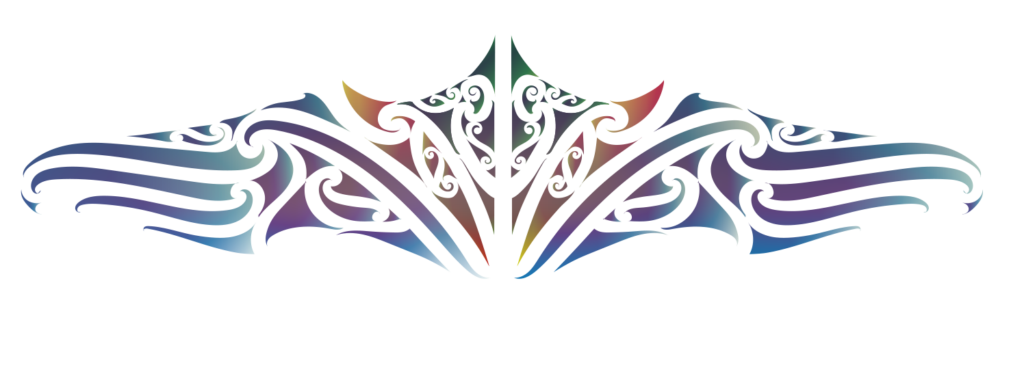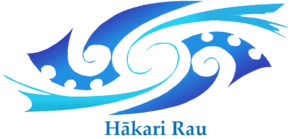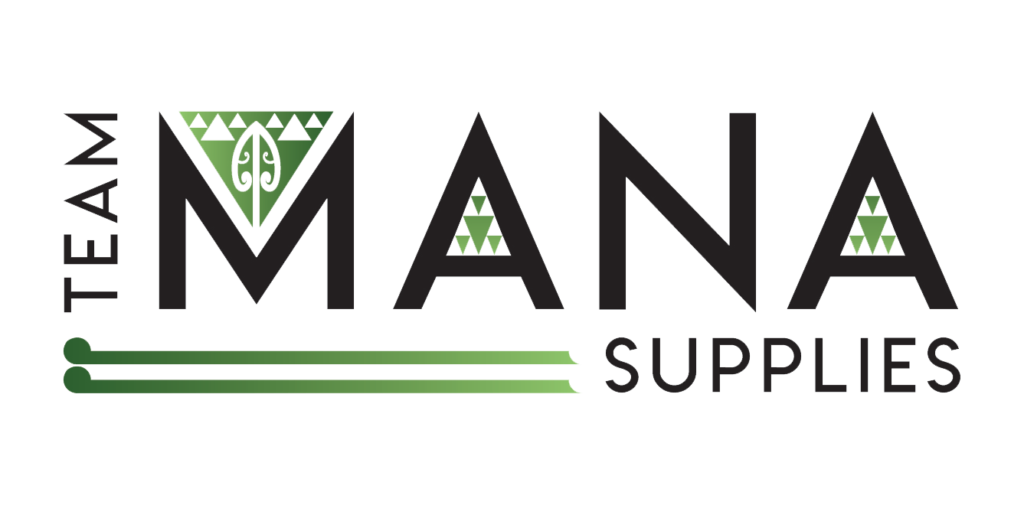Te kete kai: Using traditional intergenerational Māori knowledge systems and marine research practices to assist the contemporary restoration of shellfish populations in an important marine mahinga kai in Aotearoa New Zealand.
Today there are grave concerns regarding the state of decreasing shellfish mahinga kai and the degradation of their marine environments through issues such as sedimentation, predation, plastics and pollution at an unprecedented global scale. For many coastal Māori there is an increasingly growing demand to investigate alternative ways of engaging with marine science and restoration initiatives for culturally and ecologically important mahinga kai and their shellfish species and spaces. Māori aspire to live in sustainable communities with access to up-to-date evidence-based information to assist environmental decision-making and marine management actions. Identifying ways in which community-driven scholarship and place-based participatory practice can be captured and incorporated through co-developed transdisciplinary tools to assist the protection and restoration of culturally important marine mahinga kai, is a high priority.
This presentation discusses a research project which used Māori knowledge systems to adaptively design and implement biodegradable natural resource tools to assist a shellfish restoration project in the culturally important mahinga kai of Ōhiwa harbour, Aotearoa New Zealand. The indigenous community-driven scholarship was considered not only fundamental to the collaborative co-development of the innovative shellfish restoration project but also in providing space for the voices of Māori and their roles as kaitiaki (guardians) for the once abundant but now severely reduced shellfish reefs in the soft-bottom harbour. This presentation provides an overview of shellfish dilapidation and co-developed recovery promotion by local kaitiaki (guardians) seeking to establish a harbour wide approach to assist restoration understandings and practical management of shellfish populations and marine mahinga kai, for present and future generations.




